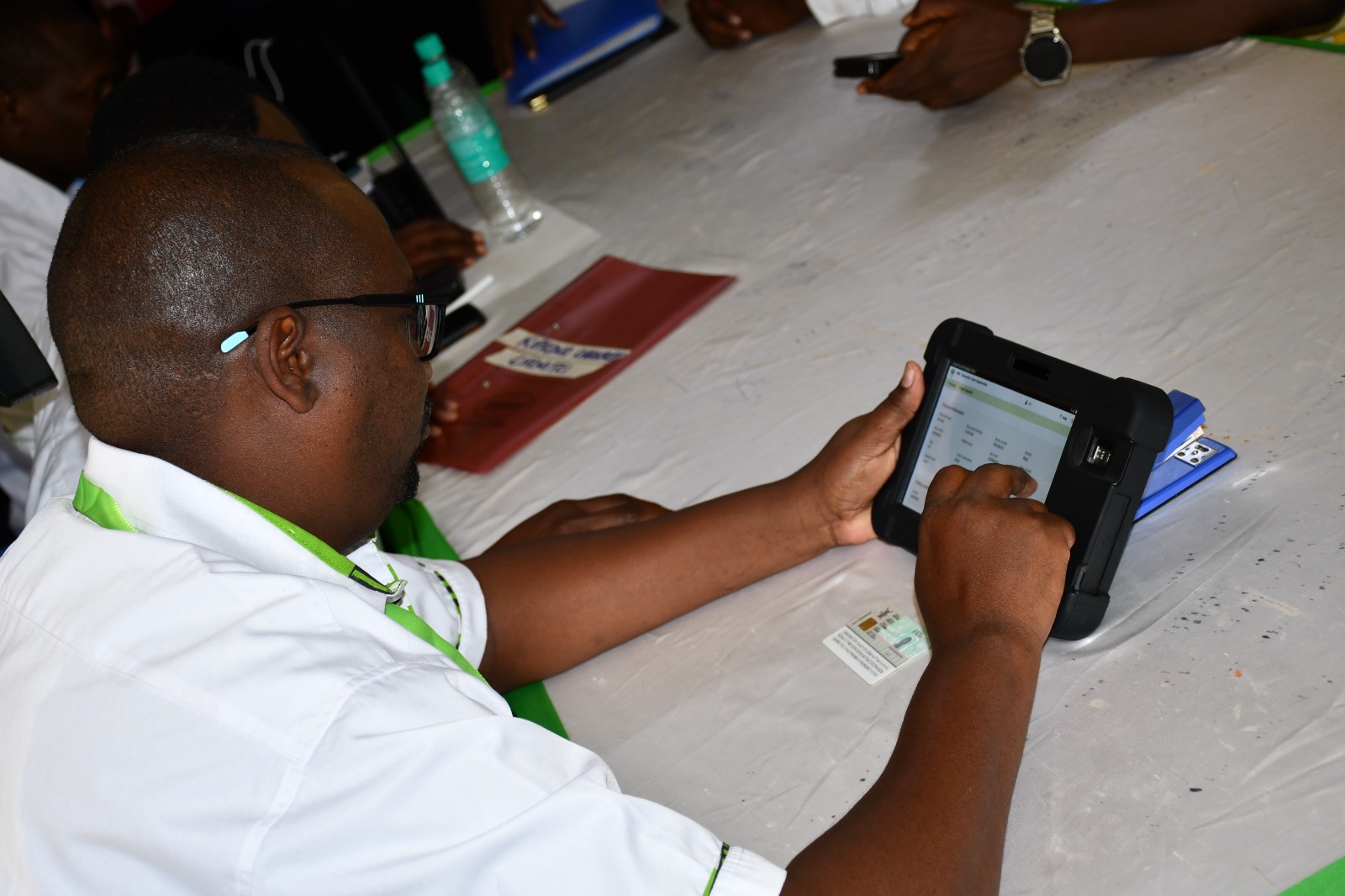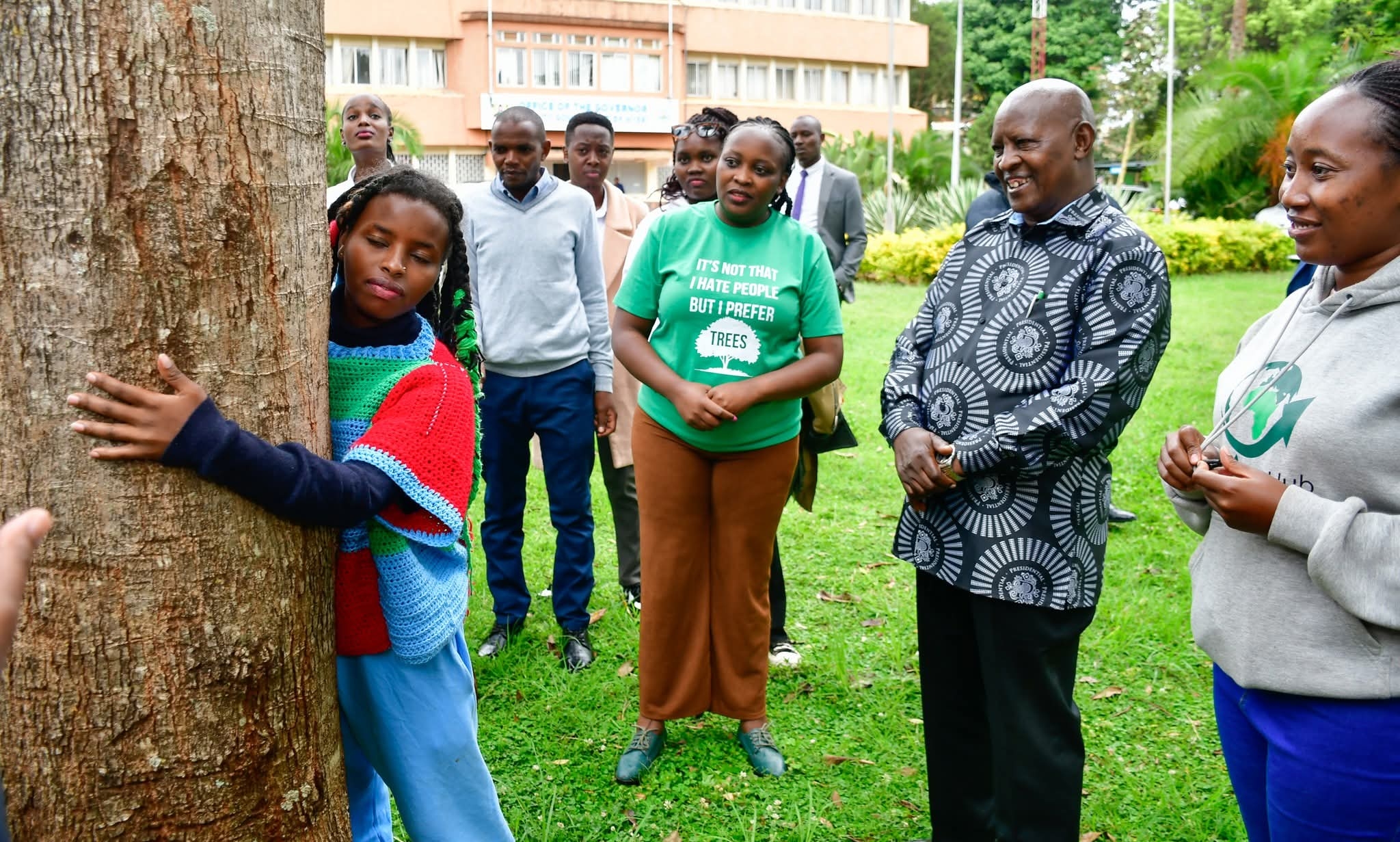

The Independent Electoral and Boundaries Commission (IEBC) has reported steady progress in the ongoing Continuous Voter Registration (CVR) exercise, with 20,754 new voters registered across the country by the end of the second week.
In a statement issued Friday, the Commission said another 3,207 voters had transferred their registration details, while 61 individuals had updated their particulars as of October 8, 2025.
IEBC Chairperson Erastus Ethekon said the registration exercise, being conducted across all 290 constituency offices, is part of the Commission’s mandate under Article 88 of the Constitution to maintain an accurate and up-to-date register of voters.
“Your participation is vital in strengthening the foundation of free, fair, and credible elections,” Ethekon said.
This, as he thanked Kenyans who have already registered, transferred their voting stations, or updated their records.
According to the data, Nairobi County recorded the highest number of new registrations with 4,804, followed by Kiambu (1,203), Machakos (923), Mombasa (1,379), and Kakamega (608).
Other notable performances were observed in Siaya (564), Murang’a (588), Busia (427), and Laikipia (165).
Despite the encouraging progress, the IEBC noted that the overall turnout among the targeted youth remains lower than expected.
The Commission has set a national target of 6.3 million new voters ahead of the 2027 General Election, with a particular focus on young people who have recently attained the voting age of 18.
“The Commission urges all eligible Kenyans, particularly the youth, to take this opportunity to register and make their voices count in the 2027 polls,” the statement read in part.
The IEBC further clarified that voter registration is not being conducted in 24 electoral areas where by-elections are scheduled for November 27, 2025.
In its call to action, the Commission encouraged all citizens to visit their nearest constituency offices to either register as new voters or verify and update their records.
“Your vote begins with registration. Your voice matters. Your future depends on it,” the Commission reiterated.
The IEBC also assured the public of its commitment to transparency, inclusivity, and accountability as the country prepares for the next election cycle.
On October 3, the commission also enhanced its biometric registration system.
Previously, IEBC relied only on fingerprints and digital photographs for identification. This year, the iris has been added as an additional biometric identifier.
Ethekon explained that the new system is in line with Section 2 of the Elections Act. “The iris provides an alternative means of voter identification should fingerprint recognition fail,” he said.
The law allows biometric identifiers such as fingerprints, iris patterns, retina scans, DNA, voice waves, hand geometry, earlobe geometry, and signatures.
The IEBC also assured Kenyans that all data collected will be handled in compliance with the Data Protection Act, 2019.
“All data collected during voter registration is securely stored, accessed solely by duly authorised officers and applied strictly for its legally prescribed purposes,” the statement emphasised.
Ethekon further warned that “any unauthorised access, misuse, or compromise of voter data will attract the full sanctions of the law.”


















